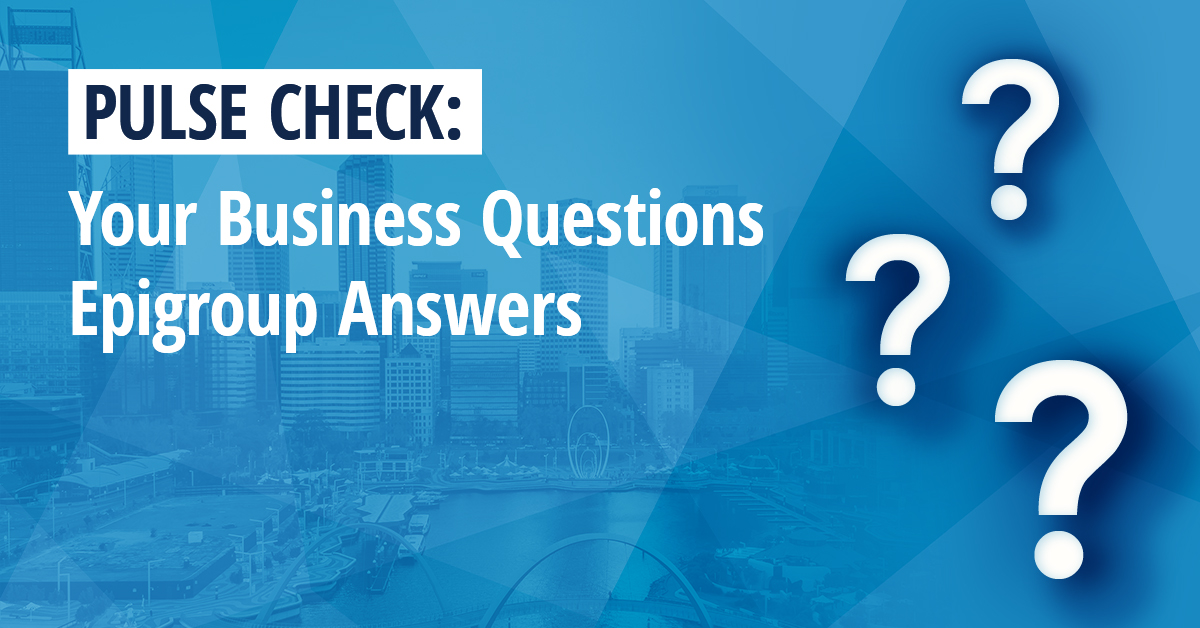Stress is a normal, involuntary response to any demand made upon the body. Not all stress is negative or bad.
Generally, there are two types of stress. Good or desirable stress (eustress) and bad or undesirable stress (distress).
Eustress is pleasant or at least challenging and can produce positive effects such as high productivity and creativity.
Ironically, without this positive type of stimuli, life can become stressful.
Distress is evident when a person feels they have no ability to control a stressful event. It is likely to result in a loss of productivity and a decline in overall levels of well being.
Work-related stress
Work-related stress is a complex phenomenon and solving work-related stress problems is not an easy task.
For example: work-related stress may present itself as a sign or a symptom not normally associated with a person being stressed.
No job is stress-free – in all workplaces employees are exposed to various sources of stress.
Sources of work-related stress may include:
- too much work, too little work, work that is too difficult, or work that is too easy
- office politics, poor management culture, inadequate management of change, environmental conditions, social isolation or poor job design
- shiftwork, repetitive work, machine-paced work, and work that demands variable degrees of attention
- role uncertainty or confusion from inadequate information about the work undertaken or expected
- conflict from work demands, different supervisors or between job and personal commitments.
Multiple stressors may exist at any one time in any work environment.
Work-related stress indicators
The following may help you identify if work-related stress is a problem in your organisation:
- decline in productivity
- error rates increase
- workflow and planning decreases
- decision-making becomes poor or non-existent
- motivation and satisfaction decreases
- employee turnover increases
- commitment to the organisation decreases
- time at work increases without improved results
- internal sabotage
- team spirit is difficult to maintain
- tension between colleagues increases
- demand for precise instructions increases
- ineffective industrial relations
- the taking of personal leave increases
- work breaks increase
Minimising stress at work
Most approaches to reducing stress are multifaceted, focusing on both the organisation and the individual.
Organisation’s should:
- foster healthy cultures and ensure a commitment to promoting the safety, health and well being of employees through effective management systems
- ensure employees feel valued and respected and receive support if they wish to raise problems affecting their work
- set achievable targets, policies and plans and ensure there is enough time to do the task, ensure staff selected to do the task have the necessary knowledge, capability and skills
- ensure shift work requirements are not contributing to fatigue and employees are not expected to work long hours over an extended period
- clearly outline job positions and roles, employees perform better if they understand why they are undertaking the work and how it fits with the organisation’s wider aims and objectives
- provide a consistent approach in your management style ensuring that managers and supervisors treat staff in a fair and equitable manner
- if change is to occur, communicate the reasons with employees, what it aims to achieve and the timing for change to take place.
Managers should:
- be the first to recognise signs and symptoms of work-related stress
- counsel employees if their work performance is being negatively affected by work-related or external sources of stress
- encourage employees to express their feelings about factors that may be impeding their job performance
- respond quickly to employees experiencing work-related stress problems
- encourage employees to seek further advice and assistance from either the company’s Employee Assistance Program or a private counsellor specialising in work-related stress
- support employees experiencing work-related stress and encourage them to visit their general practitioner for advice and treatment
- if permitted, ensure regular contact with the medical practitioner is maintained to assist the employee in managing their work-related stress and
- make reasonable accommodations.
Employee Assistance Programs often provide:
- a first point of contact for employers wishing to refer employees with problems arising from work and external sources
- confidential counselling, advice and assistance (usually funded by the employer) for work-related stress, mental health, alcohol and drugs, and bereavement issues
- stress management training or stress intervention programs where the employers wish to introduce such initiatives. For example, stress training programs may include; improving stress recognition skills, skills training in time management, assertiveness, problem solving, coping, personal or group counselling sessions and healthy lifestyle information workshops and/or programs.
Legal obligations
Employers and employees must meet their legal obligations under the Occupational Safety and Health Act 1984 and Regulations 1996 in relation to safety and health at work.
Although the provisions do not explicitly refer to employee exposure to work-related stress, it is captured under the employers general duty of care, as far as practicable, to provide information, instruction, training, supervision and safe workplaces (including systems of work) to enable employees to perform their work so that employees are not exposed to hazards.
Employees also have a general duty of care to ensure their own safety and health and to avoid adversely affecting the safety and health of others.
Workers’ compensation
Although the number of work-related stress claims is relatively small, the average cost and duration of claims is extremely high.
Employees can seek workers’ compensation for work-related stress in some instances, which would enable them to recover costs for medical expenses or time off work due to an illness or injury sustained through work.
It is important for employers to note that, stress claims are not admissible if stress arises wholly or predominantly from industrial matters. Industrial matters include; dismissal, retrenchment, demotion, disciplinary action, transfer, redeployment or not being promoted, reclassification or being granted leave of absence, or any other benefit in relation to employment.
Stress claims based on industrial matters may be successful if the employer’s actions were determined as unreasonable and harsh.
Given the complexity of stress claims, employers should consult closely with their insurer regarding liability for industrial-related stress claims.
Like to know more?
CCIWA’s Occupational Safety and Health Advisers can assist members with any occupational safety and health matter. For more information contact CCIWA’s Safety and Risk team on (08) 9365 7415.









